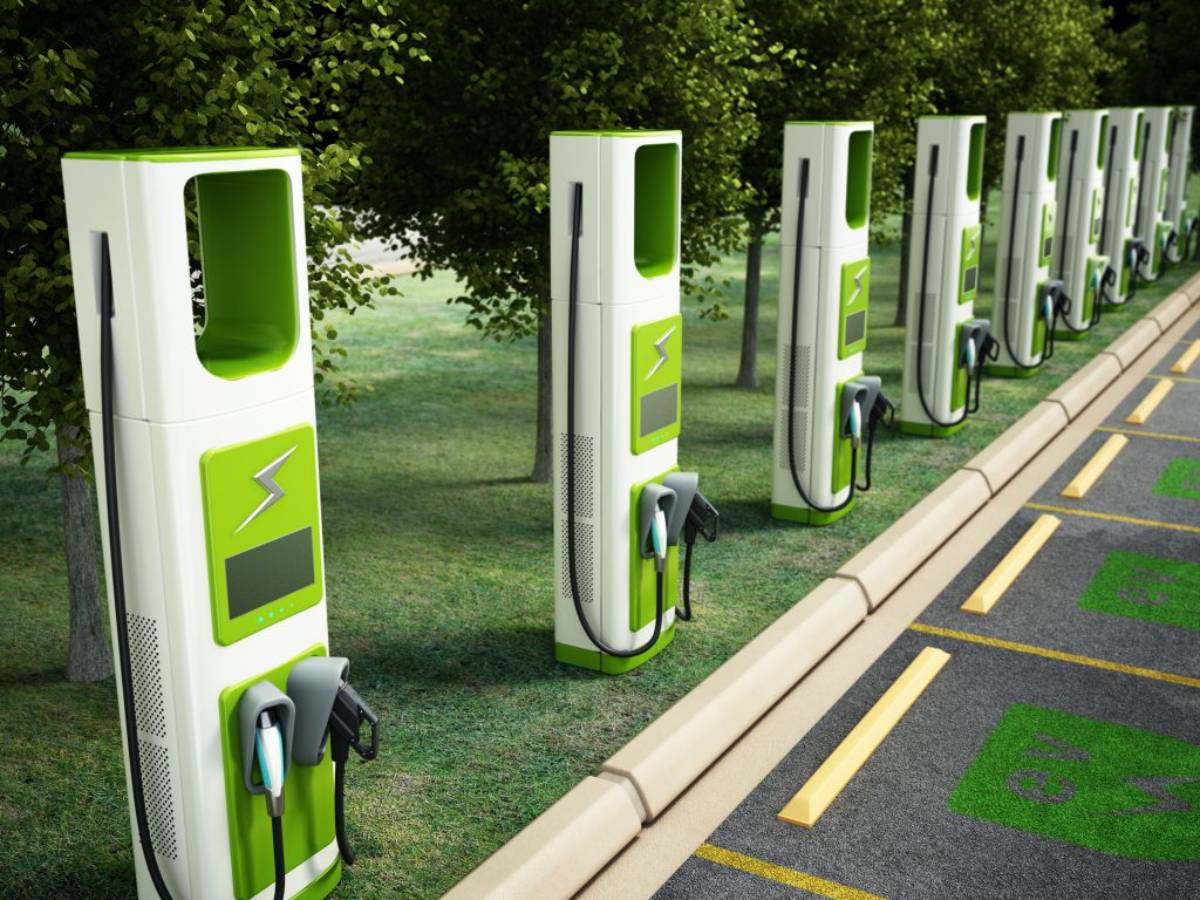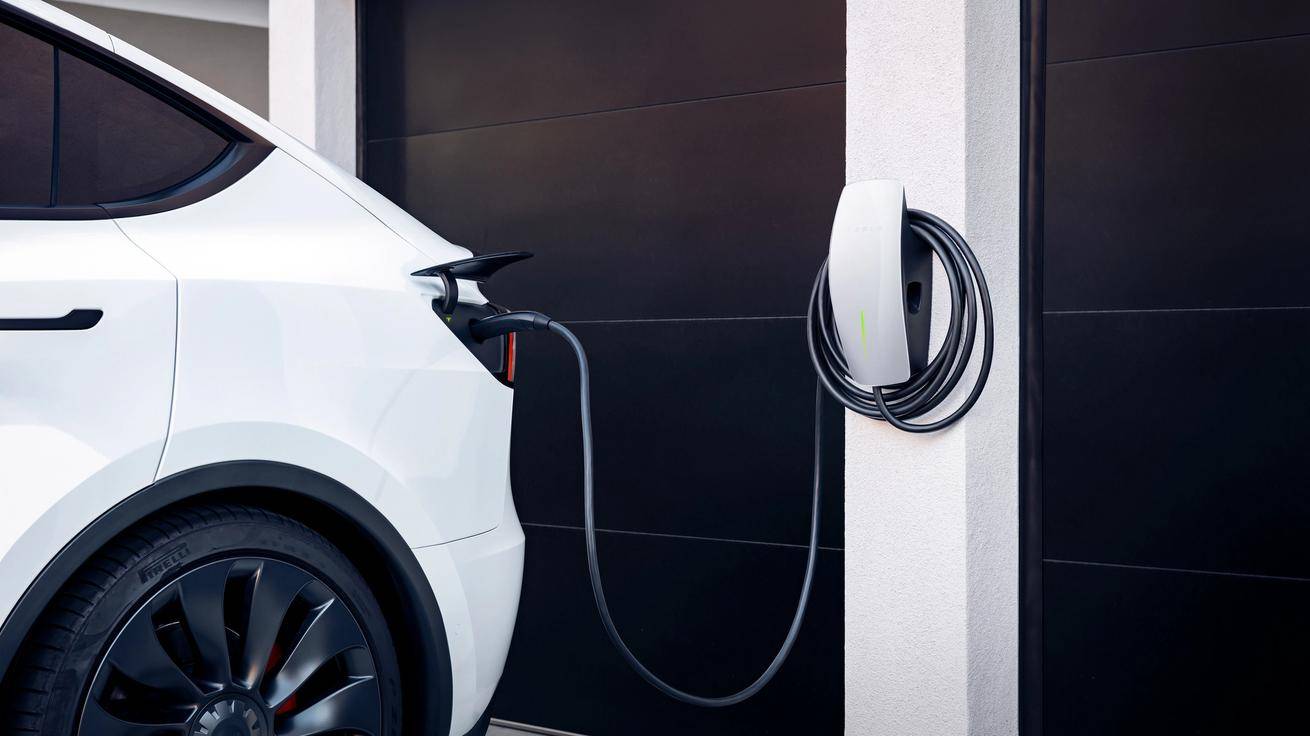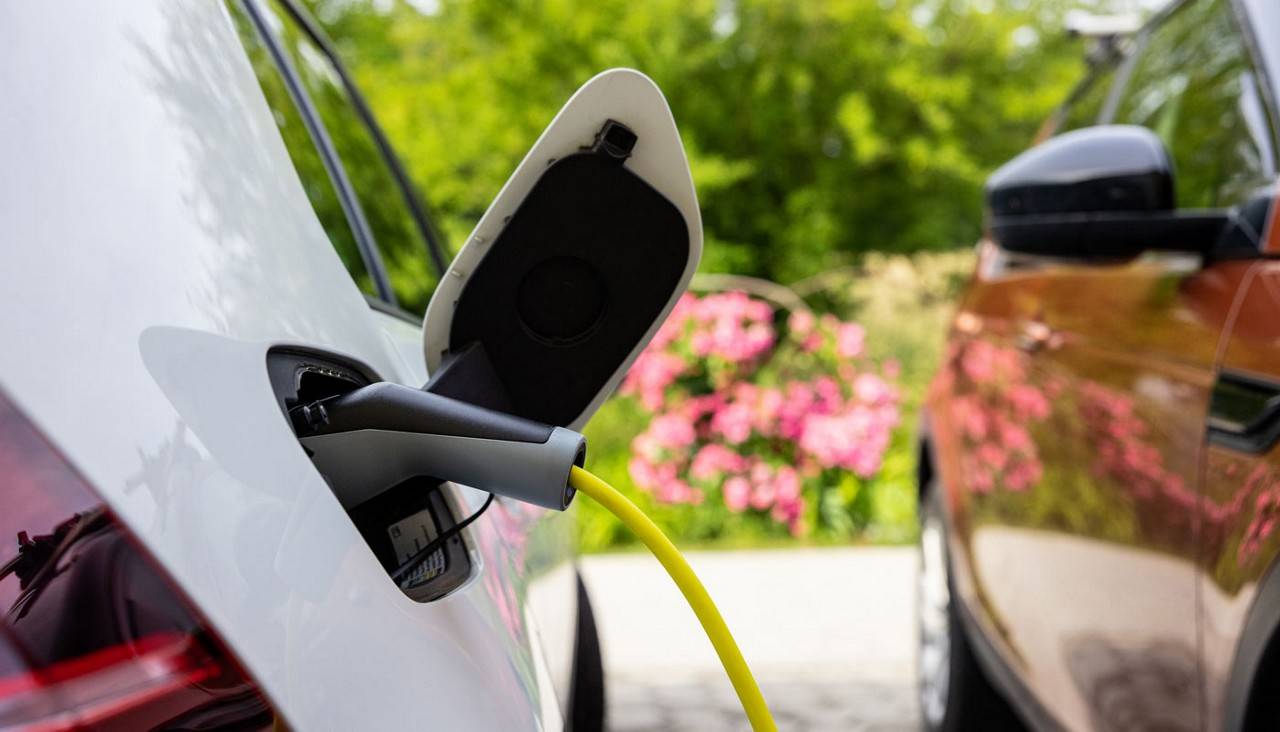
Home vs Public Charging: Which is More Convenient?
As electric vehicles (EVs) become more mainstream, one of the biggest questions for owners is how to charge them efficiently. Should you install a home EV charging solution or rely on public charging stations? Each option has its own benefits and drawbacks, from cost and convenience to charging speed and accessibility.
In this guide, we’ll compare home EV charging vs public stations, explore the best EV charging solutions, and provide an EV charging cost comparison to help you decide the best option for your needs.
Understanding Home EV Charging

What is Home EV Charging?
Home EV charging refers to setting up a dedicated charger at your residence, allowing you to charge your vehicle overnight or whenever it is parked at home. This is one of the most popular options for EV owners.
Benefits of Home Charging
- Convenience: Charge your EV overnight without the need to visit a public charging station.
- Lower Cost: Home electricity rates are often cheaper than public charging, especially with off-peak tariffs.
- Time-Saving: No waiting in line or driving to a charging station.
- Smart Charging: Many home chargers allow scheduling to take advantage of lower electricity rates.
- Safety: Charging at home reduces wear on your battery compared to frequent rapid charging at public stations.
Best Home EV Chargers
If you’re considering home charging, here are some of the best EV chargers available:
- Ohme Home Pro – Smart energy management and tariff integration.
- Wallbox Pulsar Plus – Compact design with app control.
- Zappi Charger – Compatible with solar power for sustainable charging.
- Tesla Wall Connector – Best suited for Tesla owners.
- Hypervolt Home 2.0 – Easy to use with Wi-Fi connectivity.
Installation and Costs of Home Charging
- A standard 7kW home charger costs between £500-£1,000, including installation.
- Government grants, such as the EV Chargepoint Grant, may reduce installation costs.
- Some energy providers offer discounts for customers installing an EV charger.
- Charging Costs: Based on the average electricity rate of 30p per kWh, a full charge for a 60kWh battery costs around £18.
Understanding Public EV Charging
What is Public EV Charging?
Public EV charging stations are available at supermarkets, service stations, car parks, and dedicated charging hubs. These stations allow EV owners to top up their battery while on the go.
Benefits of Public Charging
- Essential for Long Trips: Ideal for road trips and when home charging isn’t available.
- High-Speed Charging: Rapid chargers can charge up to 80% in 30-60 minutes.
- Wider Accessibility: Available in cities, service stations, and public spaces.
- Pay-as-You-Go: No need to install a charger at home.
- Charging Networks: Many providers offer membership plans for discounts on charging fees.
Types of Public Charging Stations
- Slow Chargers (3-7kW): Found in workplace car parks and public spaces, ideal for overnight charging.
- Fast Chargers (7-22kW): Found in car parks, supermarkets, and hotels; can charge most EVs in 2-4 hours.
- Rapid & Ultra-Rapid Chargers (50-350kW): Found on motorways and major roads, delivering a quick top-up in 10-60 minutes.
Cost of Public Charging
The cost of using public charging stations varies depending on the provider, speed, and location:
- Slow/Fast Chargers: 20p-40p per kWh
- Rapid Chargers: 50p-80p per kWh
- Ultra-Rapid Chargers: 70p-£1 per kWh
For a 60kWh battery:
- Home Charging: ~£18 per full charge
- Public Fast Charging: £12-£24 per full charge
- Public Rapid Charging: £30-£48 per full charge
Some supermarkets, shopping centres, and workplaces offer free EV charging for customers and employees.
Home vs Public Charging: A Cost and Convenience Comparison

Home vs Public Charging: A Cost and Convenience Comparison
| Feature | Home Charging | Public Charging |
| Cost | Lower, around 30p/kWh | Higher, 20p-£1/kWh |
| Convenience | Charge at home overnight | Must find and travel to a charging station |
| Speed | 7kW-22kW (6-8 hours for full charge) | 50kW-350kW (30-60 minutes for 80%) |
| Availability | Only available at home | Available at supermarkets, motorways, car parks, etc. |
| Upfront Cost | Charger + installation (£500-£1,000) | No installation cost but a higher per-use cost |
| Best For | Daily charging for local use | Quick top-ups and long-distance travel |
Which Option Is Best for You?
Choose Home Charging If:
- You have a driveway or dedicated parking space for installation.
- You drive regularly and want the lowest cost per charge.
- You prefer the convenience of charging overnight.
- You plan to stay in the same house for a long time.
Choose Public Charging If:
- You don’t have a home charging option (e.g., live in a flat).
- You take frequent long trips and need rapid charging.
- You can take advantage of workplace or free public charging.
- You prefer pay-as-you-go instead of upfront installation costs.
Tips for Efficient EV Charging
- Take advantage of off-peak electricity rates for cheaper home charging.
- Use apps like Zap-Map, PlugShare, and Google Maps to find charging stations.
- Monitor battery health by avoiding frequent 100% charges.
- Plan long journeys with charging stops in mind.
- Join an EV charging network for access to discounted rates and member-only chargers.
Conclusion
Both home and public EV charging have their advantages, and the right choice depends on your driving habits, location, and budget. Home charging is the most cost-effective and convenient option for daily use, while public charging is essential for long trips and those without a home charger.
If you’re an EV owner or considering making the switch, evaluate your options carefully to maximise savings and convenience. Which charging option do you prefer? Let us know in the comments!


